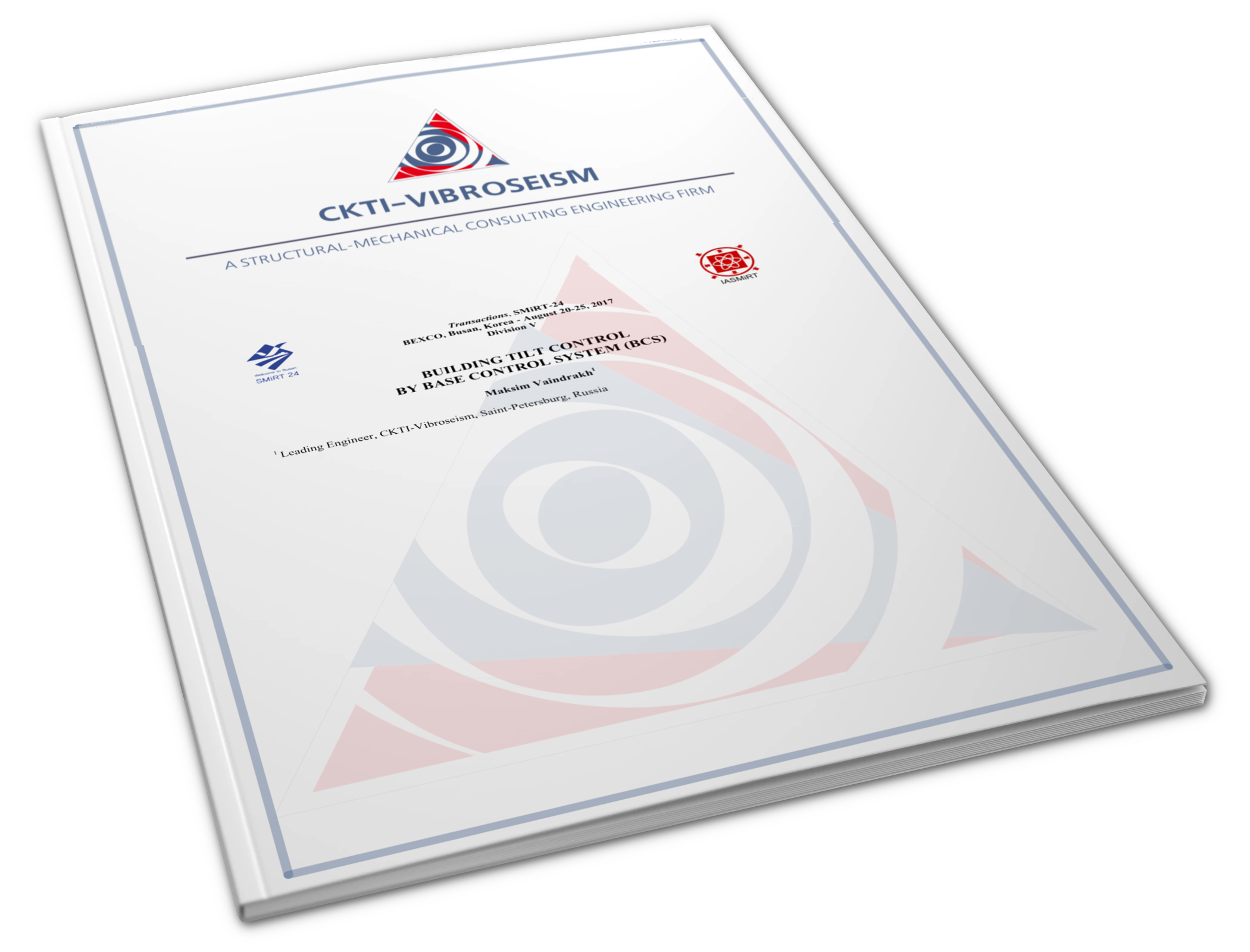Deprecated: AbookTableBook::_getAssetParentId(): Implicitly marking parameter $table as nullable is deprecated, the explicit nullable type must be used instead in /home/cvs-host/cvs.spb.su/docs/administrator/components/com_abook/tables/book.php on line 100
Building Tilt Control by Base Control System (BCS)
SMiRT-24 BEXCO, Busan, Korea - August 20-25, 2017_SMiRT24_Paper-05-11-04.pdf

- Авторы: : Вайндрах М.В. [Maksim V. Vaindrakh]
- Редактор: English
- Страницы: 6
- №: 40
- Библиотека: Conference Papers
- Год: 2017
- Файл: SMiRT24_Paper-05-11-04
Просмотры: 2950
At present, more and more nuclear power plants (NPPs) are under construction in the areas of high seismicity with a peak ground acceleration (PGA) from 0.5 to 1.0g. It is not always possible to find the sites with a solid bedrock base to place a NPP unit in these cases, as well as to provide the necessary seismic capacity. It is also known that a big number of existing NPPs’ structures, including Reactor Building (RB) and reactor island structures are located on relatively soft soils or on soils with uneven stiffness, subjected to uneven soil compaction and subsidence, and, as a consequence, progressive tilt of the entire structure. It causes a particularly significant problem for RB structures, which have a very strict limit on a vertical axis orientation, influencing control rod drives (CRD) performance that is one of the major safety related systems of NPP.
The application of a modern three dimensional (3D) seismic isolation system for NPP buildings and structures, based on using coil spring isolators and 3D viscodampers known as the Base Control System (BCS), allows completely and cost-effectively solve the problem of NPP’s seismic capacity.
In addition, BCS provides the possibility of a building orientation control during the entire lifeservice and can easily and reliably compensate all uneven soil subsidence that could happen during a NPP’s long-term operation
 ООО «ЦКТИ-Вибросейсм»
ООО «ЦКТИ-Вибросейсм» 
